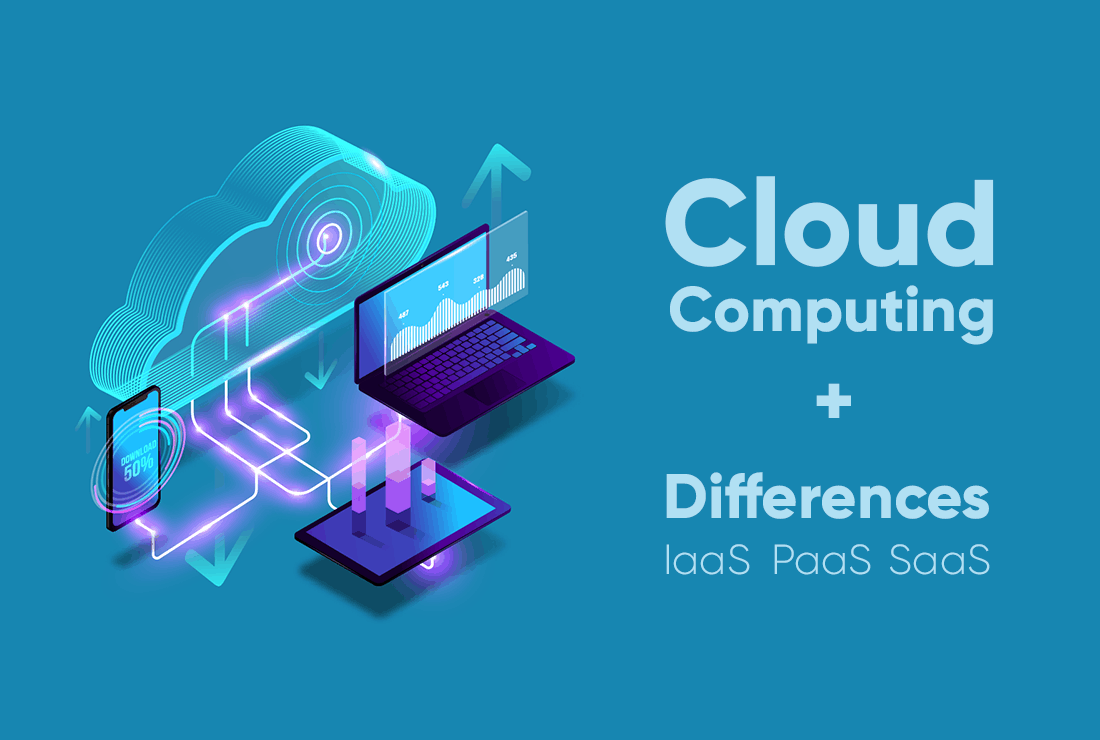Which Cloud Computing Platform Should I Choose
The acceptance of the cloud computing is now turn out to be the major motivating force for the businesses, because apps are moving out of on-premises data centers for progress, minimize the budgets and enhance the agility. Utilizing cloud techs is turn into a compulsory aspect for big size businesses as well as for those who are just going to start their setups. It is a difficult process to choose which one is the best cloud platform as there is not any common system to assess the offers and providers because all these contain some precise features, and each organization owns some of the precise requirements.
In this blog, we would highlight the basic standards which you would utilize to assist in selecting an appropriate cloud platform and offers a great listing of the frameworks which are worthy. Early concerns on the data and security have extremely been finding out by big three public based cloud providers – Amazon – Web – Services (AWS), MS Azure, along with Google – Cloud – Platform (GCP). These cloud providers can be attained by greatly running businesses which continue to step cautiously while we talk about the acceptance of the cloud services.
Top 3 Cloud Platforms
Cloud is such an evolving market. Most recent techs such as big-data analytics, Internet of Things, AI, and website and smartphone application host the entire computing control. Cloud computing is offering organizations a substitute to generate in-house substructure. As it is saving enterprises from a demand to make investments and keep expensive substructure, it is turn out to be a quite renowned solution. Numerous organizations are offering cloud frameworks for deployment, management, and development of the apps. Here, we are going to make you aware of the topmost three cloud-based platforms which can be used to control the needs of IT of your enterprise effectively.
Amazon – Web – Services
Amazon – Web – Services is an alternative to an Amazon – which is the most important company in the e-Com. In the context of AWS, Amazon is providing on-demand cloud-computing structural frameworks such as storing and data evaluation and many more. With an enormous 35 percent share in the market, Amazon offers its facilities to the organizations, and government sectors, and for the individuals. Moreover, it enables their users to complete simulated bunch of computers every time that is the reliance on their needs. This whole service can be activated with the help of the internet.
Out of all cloud-service providers, this Amazon seems to be the topmost flexible and influential resolution. The virtual cloud-platform of Amazon Web Service is coming up with many qualities of a real computer – which consist of hardware like CPUs and GPUs for processing, hard disk, or SSD to store and local RAM for memory. AWS offers OS to select from and earlier loaded applications such as website servers, databases, and CRM, and many more.
Google Cloud Platform
Google is offering its public-cloud computing resolutions with a tittle of Google – Cloud – Platform (G-C-P). It is providing services in almost every main domain – which includes computing, storing, Machine-Learning (ML), networking, and Internet-of-Things (I-o-T). GCP is also included equipment for the management of cloud, development, and security. It’s an extremely active storing resolution which is supporting No-S-Q-L (Cloud Datastore) and S-Q-L (Cloud SQL) database storage.
The Google – Compute – Engine (I-a-a-S) is offering the consumers with simulated machine instances for a load of work hosting. The Google Application Engine (P-a-a-S) is offering software designer’s approachability to the on-demand hosting of Google and Software Dev Kits (SDK) to generate apps that are running on the application engine. One can get access to the entire services to make use of public internet with the help of dedicated networking.
However, it is the origin of Kubernetes. In a meanwhile, Kubernetes was initiated by Google in the year of 2014 as an open-source. Google – Kubernetes – Engine (GKE) offers the consumers with well-managed surroundings for scaling, management, and deployment of containerized apps via substructure of Google.
Microsoft Azure
MS Azure (in the past it was Windows-Azure) is a fundamentally cloud-computing service from the MS. Their services are authenticated to become a trustworthy resolution. As compared to previously mentioned resolutions, it is supporting deployment, analysis, development, and managing services and apps. For the website dev, Microsoft Azure is offering support for the Node.js, A-S-P.net, and P-H-P.
On the other side of the coin, Windows-Azure is utilized to make deployment of coding on the servers of Microsoft. This coding is holding approachability to local storing sources. Whereas the S-Q-L Azure isn’t a whole S-Q-L Server instance it would be combined with the servers of S-Q-L. The safety characteristics such as verification, security, and others are supporting Azure Application Fabric – which is allowing apps in a LAN to make communication with your Azure cloud. Generally, it’s a whole package which is supporting management, development along with the security of apps.
Criteria for Selecting a Cloud Platform
The market of the cloud is fully packed these days. There are a great number of significant characteristics which have to be measured on account to comprehend which kind of cloud-computing structure that you can select. Symbolically, such criteria would be separated into three kinds of grouping.
Your Business Requirements
To achieve this, one must go through these points:
- The kind of data to be kept – Critical or non-critical info would openly describe the category of the framework to be used.
- Amount of devices to link with your platform – Identify the structure of the business as well as the scalability of its service.
- Overall cost – Some facilities are free of cost, and some are not, and the level of security also varies.
The Cloud is the Near Future
Cloud computing lets the organizations attain the newest products within a field faster, enhance productivity, minimize operational budgets, enhance collaboration of inter-department, lessen capital expenses, as well as enhance progress. Organizations that are ill-equipped to manage such modifications would have a risk of falling behind. On the other side, to make your steps towards the cloud, companies should provide training and Cloud computing certification to their workforces for better stability in the market.





Post Comment
You must be logged in to post a comment.